When selecting an air compressor for your home, business, or industrial application, one of the key decisions you’ll need to make is whether to choose an oil-free or oil-lubricated compressor. Oil-free air compressors are an excellent choice for applications requiring clean, dry, and maintenance-free air, such as in food processing, medical equipment, electronics manufacturing, and painting. In this guide, we’ll explore how to choose the best oil-free air compressor to suit your needs, highlighting important factors such as performance, features, and reliability.
The first step in choosing the right oil-free air compressor is to determine your specific air flow and pressure requirements. Air compressors are rated by the amount of air they can deliver (measured in CFM, or cubic feet per minute) and the pressure they can generate (measured in PSI, or pounds per square inch). Understanding these requirements will help you choose an air compressor that meets the demands of your application.
Questions to consider:
How much air do you need to operate your tools or equipment?
What is the required pressure for your tasks or machinery?
If you're using the air compressor for light-duty tasks such as inflating tires or cleaning, a smaller unit with lower CFM and PSI might be sufficient. For more demanding tasks like operating power tools or spray painting, you’ll need a unit with higher CFM and PSI ratings. Be sure to choose a model that meets your maximum demand while ensuring efficient operation without overloading the unit.
Heavy-duty Oil Free Air Compressor
Oil-free compressors are built using different technologies that affect their performance, maintenance needs, and durability. The two main types of oil-free air compressor technologies are:
Diaphragm Compressors: These compressors use a flexible diaphragm to create air pressure. They are typically smaller and quieter, making them ideal for applications like medical and dental use.
Rotary Screw Compressors: These compressors use two interlocking screws to compress the air. They are more durable, offer higher performance, and are suitable for continuous, heavy-duty operations such as in manufacturing or larger workshops.
Understanding the type of technology used in an oil-free air compressor is important because it will determine the machine’s performance and suitability for your application. Diaphragm compressors are quieter and more compact but have lower airflow, while rotary screw compressors offer more consistent and powerful output for larger or continuous operations.
The duty cycle of an air compressor refers to the amount of time it can run continuously without overheating. This is particularly important for industrial applications where the compressor needs to operate for extended periods of time. Most oil-free compressors are designed for intermittent use, but some high-end models can handle continuous use. Be sure to select a compressor with a duty cycle that matches your needs.
Questions to ask:
How often will the compressor be in use? Will it need to run continuously or only during certain intervals?
What is the recommended duty cycle of the compressor?
A compressor with a 100% duty cycle can run continuously without risk of overheating, while models with 50% or 75% duty cycles may require rest periods to avoid damage. For heavy-duty applications like automotive repair shops or manufacturing lines, choosing a compressor with a higher duty cycle ensures long-term reliability.
One of the main advantages of oil-free air compressors is their low maintenance requirements compared to oil-lubricated models. Without the need for oil changes or oil filter replacements, these compressors are easier to maintain. However, there are still features that can help reduce maintenance even further, such as high-quality filters and long-lasting components.
Questions to consider:
Does the compressor require any routine maintenance?
What is the expected lifespan of the compressor's components?
Choose a model with high-quality filters that can help maintain air purity, as well as components that are designed for durability and longer life. Features such as thermal protection, auto-shutoff, and corrosion-resistant materials can also help reduce maintenance needs and extend the lifespan of the compressor.
For businesses or individuals who need to move the air compressor from one location to another, portability is an important consideration. Oil-free air compressors come in a wide range of sizes, from compact models for DIY enthusiasts to larger, more powerful versions for commercial and industrial use. Understanding the size and weight of the compressor will help you choose one that suits your space and transportation needs.
Questions to ask:
How often will the compressor need to be moved?
Will the compressor be stationary or mobile for your application?
If portability is important, look for an oil-free air compressor with a compact design and features such as wheels or a carrying handle. Smaller, lightweight compressors are ideal for home use or light-duty tasks, while larger models are better suited for workshops and industrial settings where the unit will remain in one place.
Noise levels can be an important factor when choosing an oil-free air compressor, especially if it will be used in environments where noise is a concern, such as in medical facilities, offices, or residential areas. Oil-free compressors are generally quieter than oil-lubricated models, but noise levels can still vary based on the compressor’s size, power, and design.
Questions to ask:
How much noise can the compressor generate before it becomes disruptive?
What is the noise level (measured in decibels) of the compressor?
If noise is a concern, look for oil-free compressors that are designed for quiet operation, with noise reduction features such as soundproof enclosures or insulated components. Generally, compressors with a noise level below 70 decibels are considered quieter, while those above 80 decibels may be too loud for some environments.
Choosing the best oil-free air compressor for your needs requires careful consideration of factors such as air flow, pressure, compressor technology, duty cycle, portability, and noise levels. By evaluating these elements and understanding your specific requirements, you can select a compressor that offers reliable performance, low maintenance, and efficiency. Whether you're using it for small DIY projects or large industrial applications, an oil-free air compressor can be a valuable tool that meets your needs while providing clean, dry, and maintenance-free air for your operations.
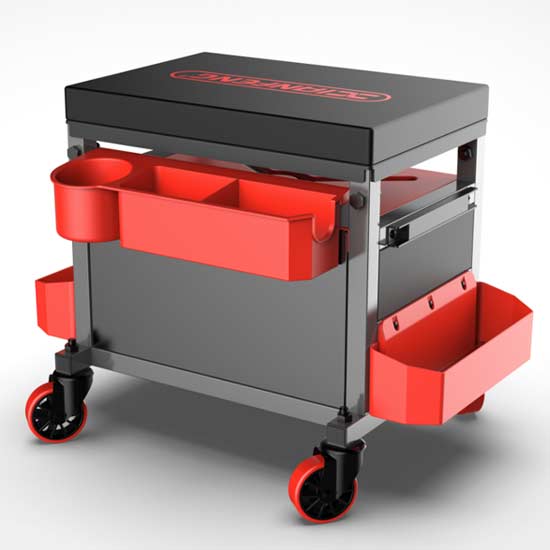 Tool seat
Tool seat
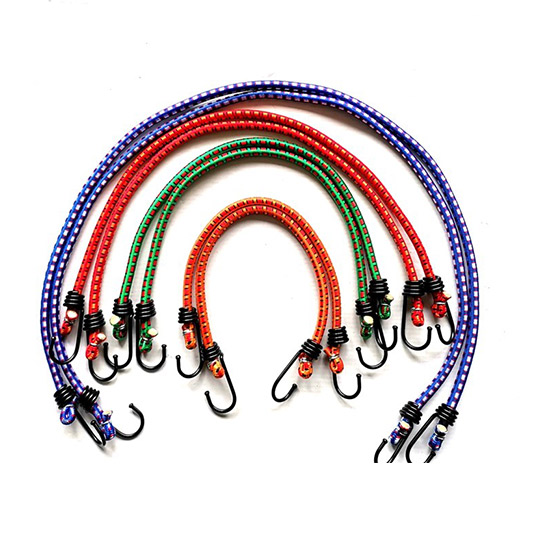 Stretch Cord
Stretch Cord
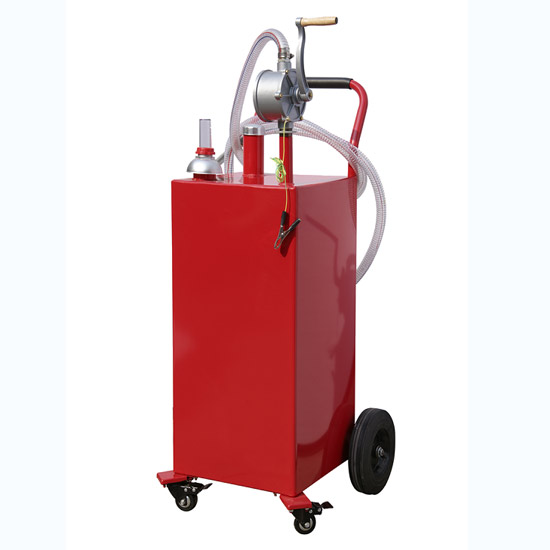 Oil Pump
Oil Pump
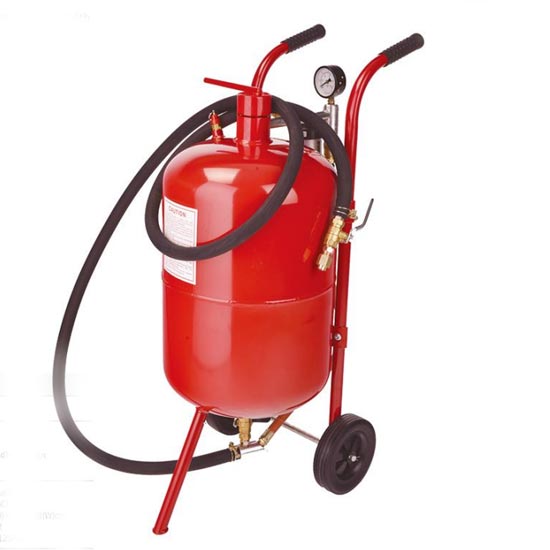 Sandblast Pot
Sandblast Pot
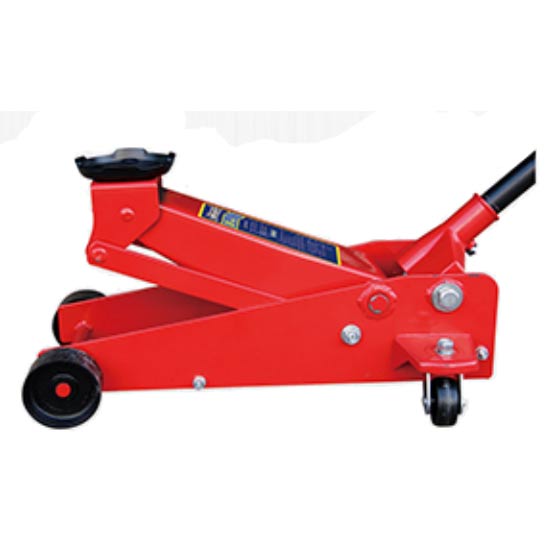 2.25 Ton Hydraulic Floor Jack
2.25 Ton Hydraulic Floor Jack
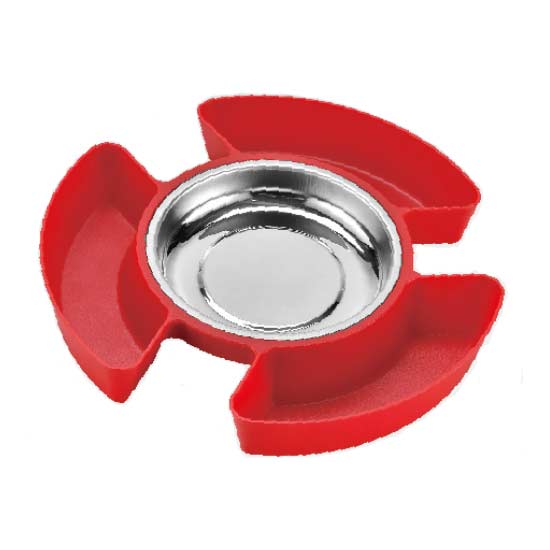 Magnetic Tray With Tool Plate
Magnetic Tray With Tool Plate
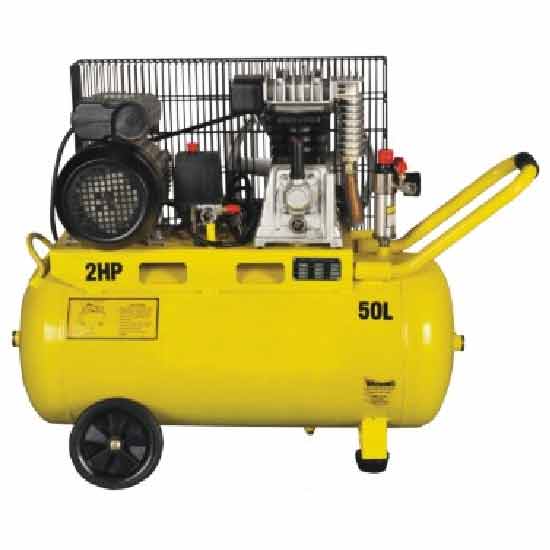 Single-stage Air-cool Movable Air Compressor
Single-stage Air-cool Movable Air Compressor
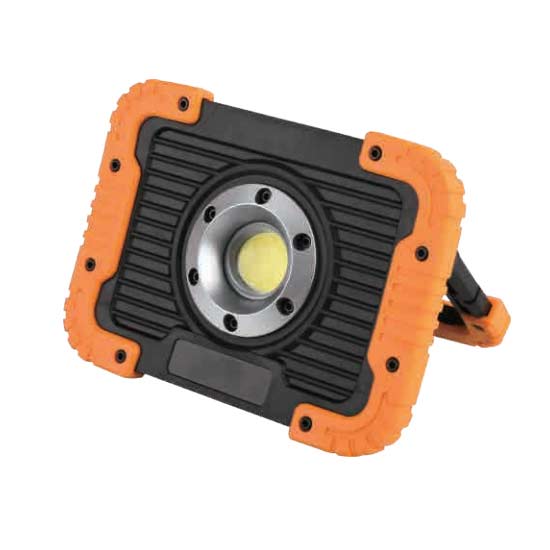 10W Rechargeable Led Flood Light
10W Rechargeable Led Flood Light
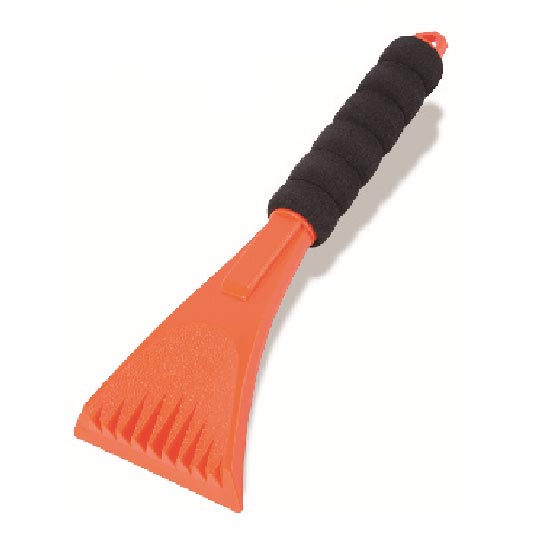 Ice Scraper
Ice Scraper
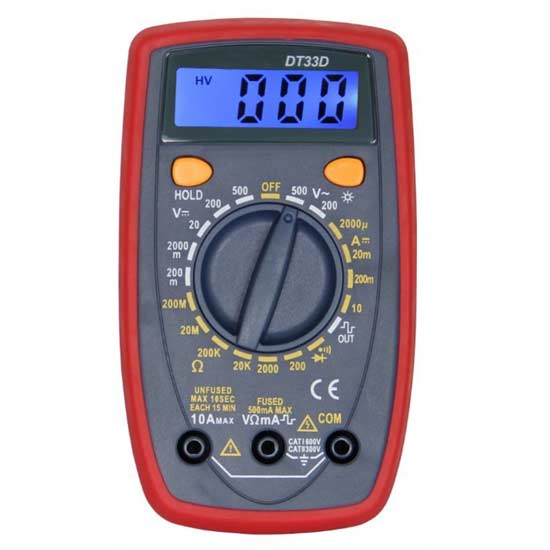 Small Multimeter with Backlight
Small Multimeter with Backlight
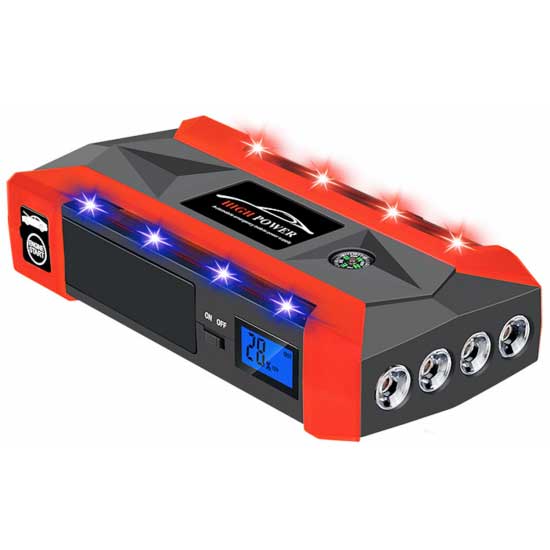 Jump Starter With 4 Led Lights
Jump Starter With 4 Led Lights
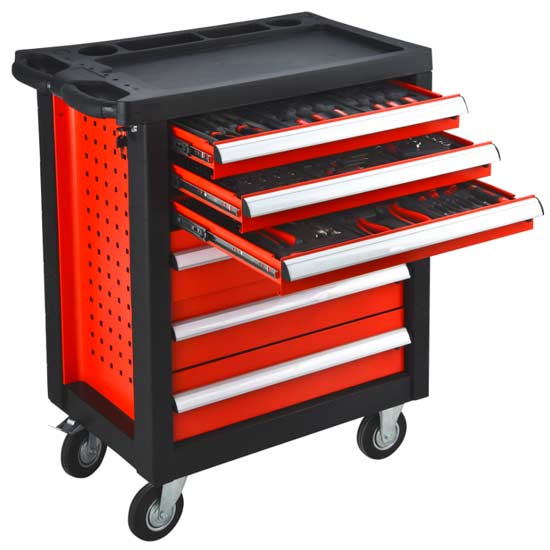 Steel Tool Cabinet
Steel Tool Cabinet
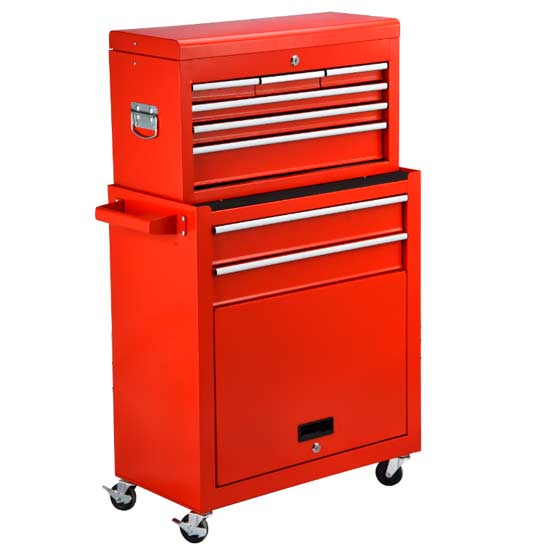 Large Tool Cabinet
Large Tool Cabinet
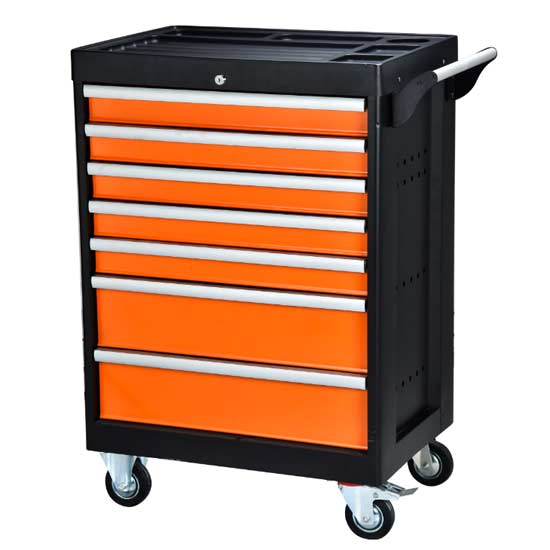 Tool Storage Cabinet
Tool Storage Cabinet
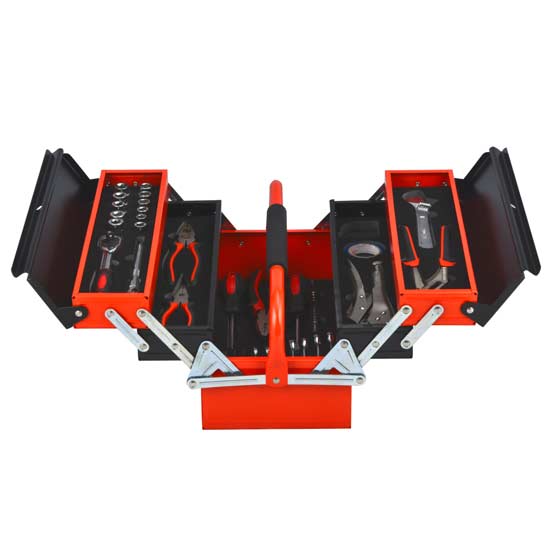 Metal Tool Box
Metal Tool Box
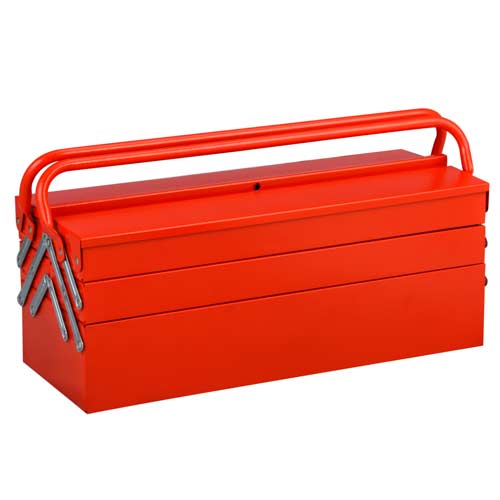 Large Metal Tool Storage Box
Large Metal Tool Storage Box
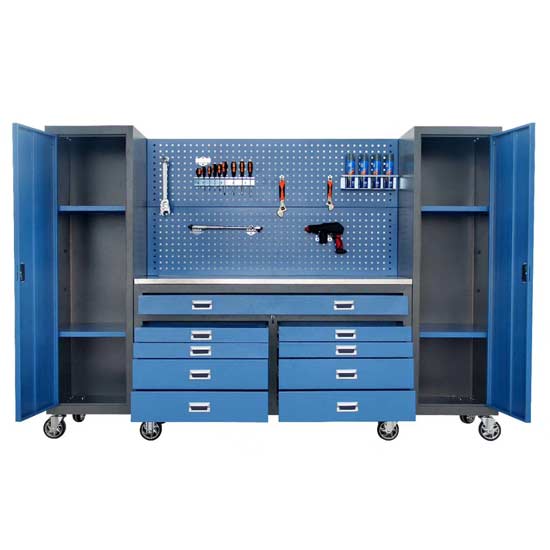 Blue Metal Tool Cabinet
Blue Metal Tool Cabinet
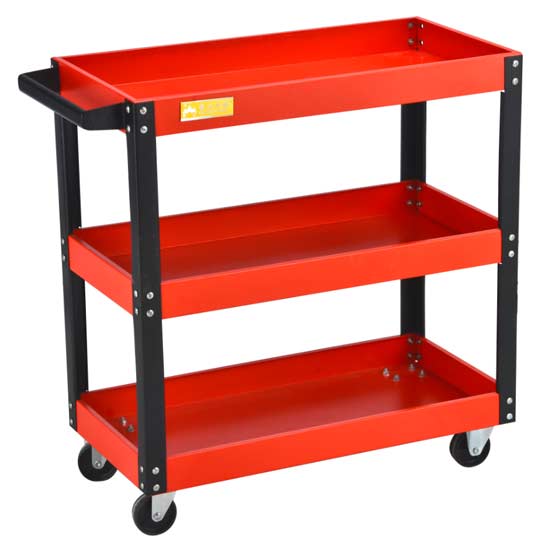 Red Steel Tool Trolley
Red Steel Tool Trolley
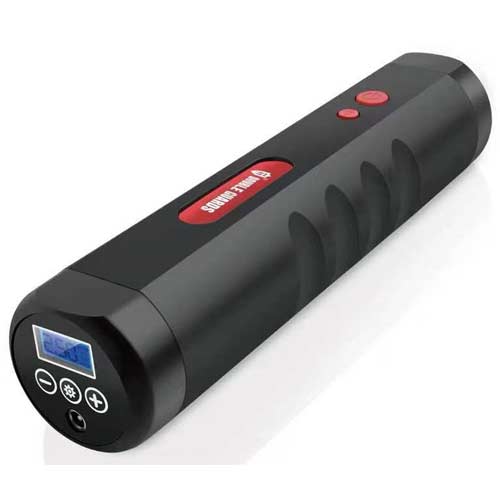 Portable Tire Inflator
Portable Tire Inflator
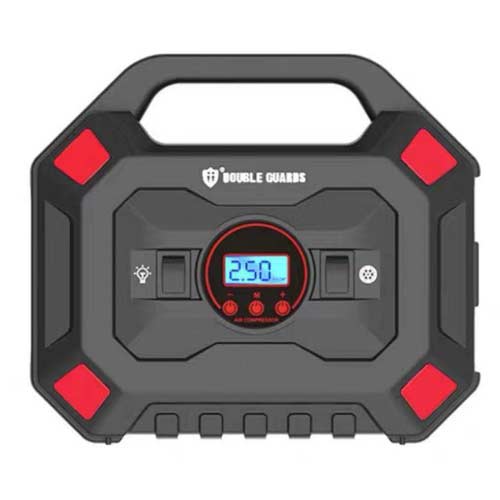 Custom Tire Inflator
Custom Tire Inflator
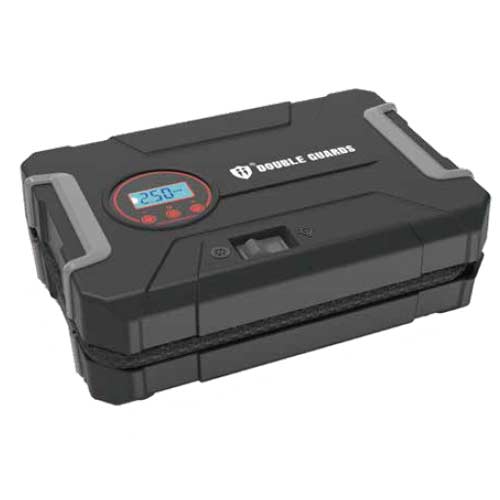 Tire Pressure Pump
Tire Pressure Pump
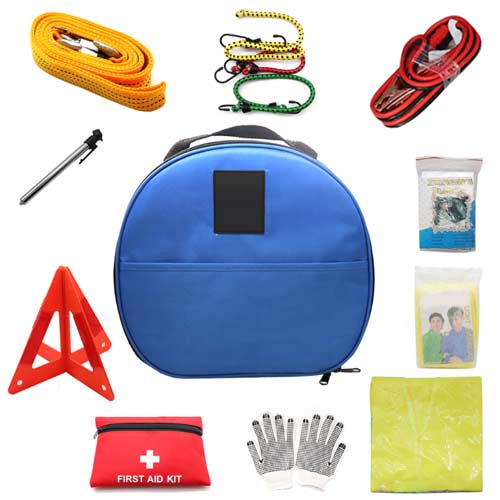 Auto Emergency kit
Auto Emergency kit